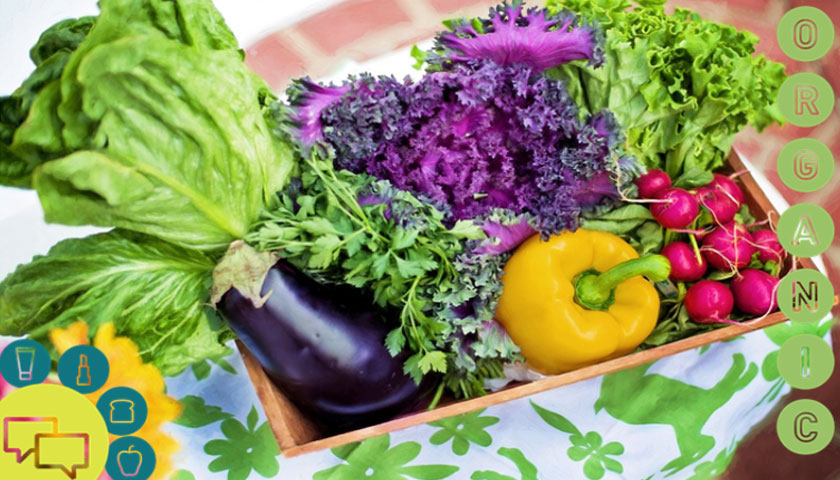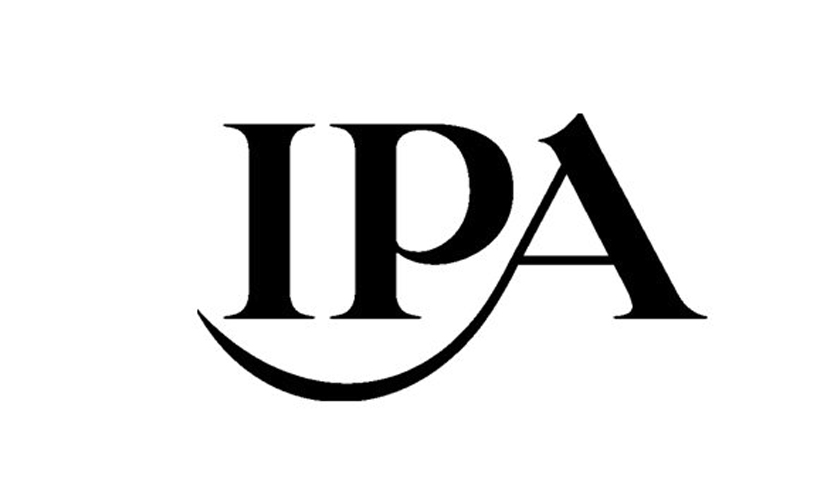The ASA have released a post which tells how you can be ‘Keeping your ‘Organic’ claims compliant. I have enclosed the text of the link below, but please have a look at the ASA site as there are lots of things of interest to anyone with an interest in Ethical Marketing.
In honour of Organic September, we thought we’d share some advice on the use of the term ‘organic’ in relation to foods and cosmetics.
Food glorious food!
‘Organic’ has a specific meaning in the food industry and marketers should not claim that food is “organic” or is “made with organic ingredients” unless it comes from farmers, processors or importers who: follow the minimum standards set down in Council Regulation (EC) 834/2007; are registered with an approved certification body; and are subject to regular inspections. They also need to ensure that they hold robust evidence to substantiate this.
There are strict requirements in place regarding health and nutrition claims made on foods and particular rules in the CAP Code which refer to explicit and implied claims which suggest or imply a relationship between food and health. Under these rules, it would not be acceptable to state or imply that organic foods are generally healthier than non-organic foods and comparative claims about the nutrients they contain are subject to certain restrictions.
When it comes to claims about taste, general claims about the food tasting great are likely to be considered subjective but comparative claims – for example claiming that organic food tastes better than the non-organic equivalent – might need to be supported by sufficiently robust taste-test evidence.
More than just cosmetic
There isn’t a single, independently defined UK standard for organic cosmetics, but some independent certification bodies have created standards which require a high proportion of organic ingredients. The International Standards Organisation (ISO) has also published guidelines on definitions and assessment for ‘natural’ and ‘organic’ ingredients and products for cosmetics (ISO 16128).
Marketers are best advised to ensure that their products meet an independently defined organic standard before they make an “organic” claim, make clear in the ad which certification standard applies to their product and hold evidence to support their ‘organic’ claims. This applies even when the only reference to ‘organic’ is in the name of a range of cosmetic products, and the ASA is unlikely to accept this is merely an advertiser’s philosophy in relation to their products.
Given that all cosmetic products and their ingredients are subject to regulations ensuring their safety, marketers should not imply that ‘organic’ products are safer than non-organic cosmetics just because they are ‘organic’.
And finally
If your ‘organic’ claims are all in order, this doesn’t mean you have free rein to make any claims you want about organic production, farming, environmental impact or animal welfare. As is always the case, you’ll need to hold robust documentary evidence to support such claims.
For more of the specifics, see our guidance below;
If you need further advice on your own ‘organic’ claims in non-broadcast advertising, contact our Copy Advice team for fast and free advice.



